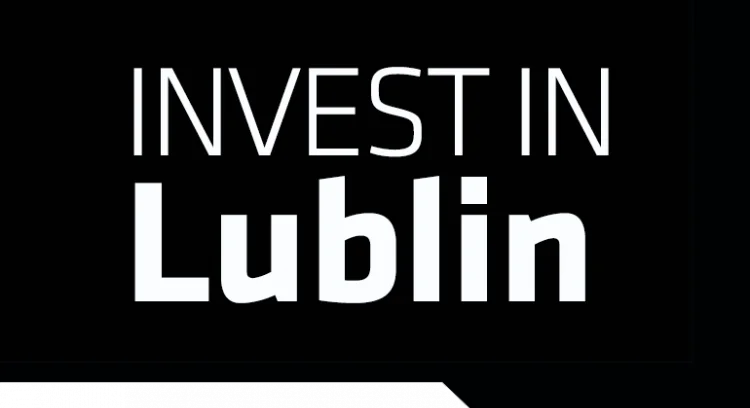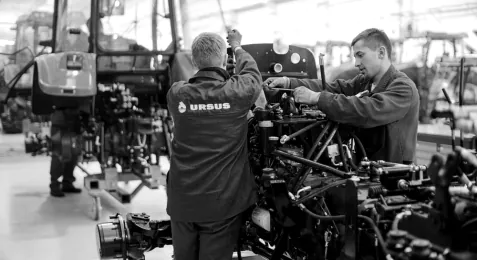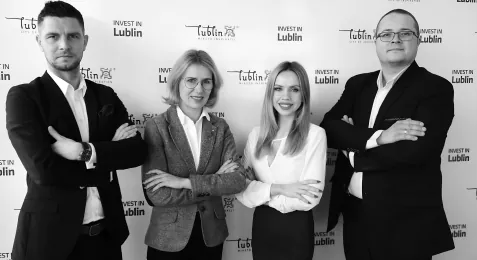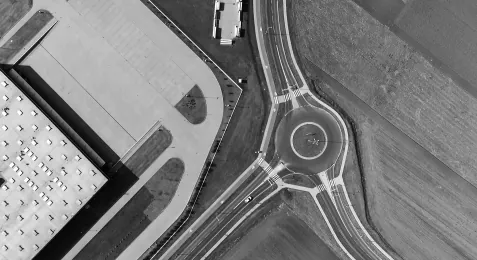Lublin Info Centre
Lublin Subzone one year since the pandemic outbreak – stable growth engine of the city
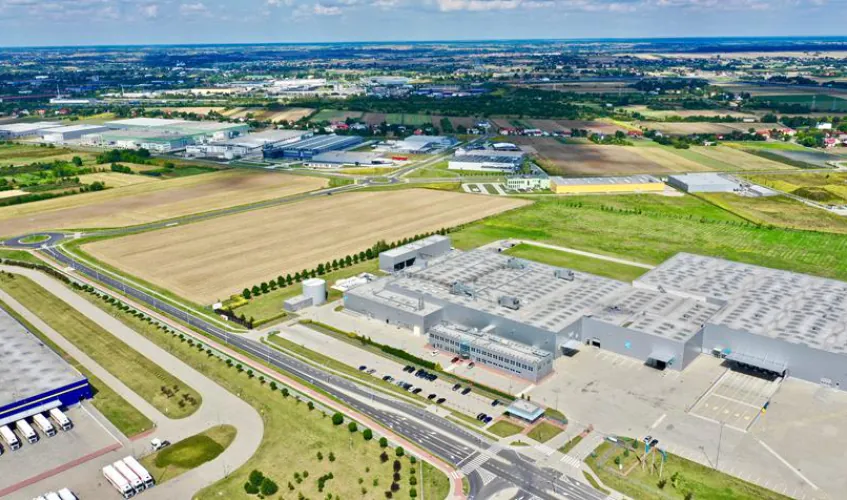
The Lublin Subzone was established on 24 September 2007 based on a decision of the Council of Ministers that extended the territory of the Euro-Park Mielec SEZ by 70 ha of undeveloped land in Lublin. Over the next years, as the zone developed and the interest in investing in the city grew substantially, the subzone was enlarged again and currently it covers a total of 128 ha. In the meantime, the City of Lublin carried out further infrastructural projects aimed at providing utilities not only to the plots of land that were already included in the zone, but also to the areas secured for future expansion. As a result, thanks to the spending of almost PLN 90 million, over 8 km of roads were built along with water supply, sanitary and storm water infrastructure, pedestrian and bicycle paths, as well as public transport infrastructure. At the same time, works were also carried out by utility companies to provide the area with the necessary electricity, gas and telecom networks.
Currently, after more than 13 years since the establishment of the Lublin Subzone, the area has been chosen by 72 investors who have declared the total investment of PLN 1.2 billion and the creation of 2,183 new jobs. As the data show, it turned out that the investment-friendly climate of Lublin helped entrepreneurs complete investments of PLN 2.2 billion and create 4,325 new jobs. If we add the number of jobs retained, the total number of people employed at these companies stands at 5,618. As compared to 2019, this meant an increase by PLN 140 million in expenditures and 606 jobs. These figures are quite impressive, since they were achieved in the year of the pandemic, despite numerous bans, orders and closures of different sectors of economy.
The stable development of the Lublin Subzone was possible thanks to a responsible strategy of attracting investors, focused on SMEs and diversification of industries. As a result, the subzone is home to companies from many different branches of economy, including automotive, engineering, metal, but also biotech, food, printing or medicine. The diversity of business types has made the Lublin Subzone more stable and easy to maintain its development pace even under unfavourable macro-economic conditions.

This strategy was the city’s response to a deep crisis in Lublin’s industry following the collapse of a car factory. The factory, built in the 1950s as a state-owned enterprise, then privatized and bought by Daewoo, was the workplace for over 10,000 people and the pride of the city. The collapse of the plant, and consequently of numerous collaborating suppliers and subcontractors in the area, meant a massive downturn of the entire local. The reconstruction was extremely difficult and time-consuming, but after many years it has brought the expected result. Today, there are about 100 different businesses on the site of the former car factory employing almost 5,000 people, and more than 5,600 people work for the companies located in the Lublin Subzone.
Rebuilding the industry and very much the economy of the city was a priority for the local authorities. However, this had to be done in a way that guarantees greater stability in the future, and ensures diversification of industries. It was therefore decided to place more emphasis on the development of indigenous businesses, SMEs and industries that would fit the characteristics of the city and its human capital. To this end, the Lublin Subzone was established and today, after 13 years since its establishment, it remains one of the key driving forces behind the city’s economic growth and at the same time, due to its characteristics, guarantees stability of the entire economy of Lublin.
